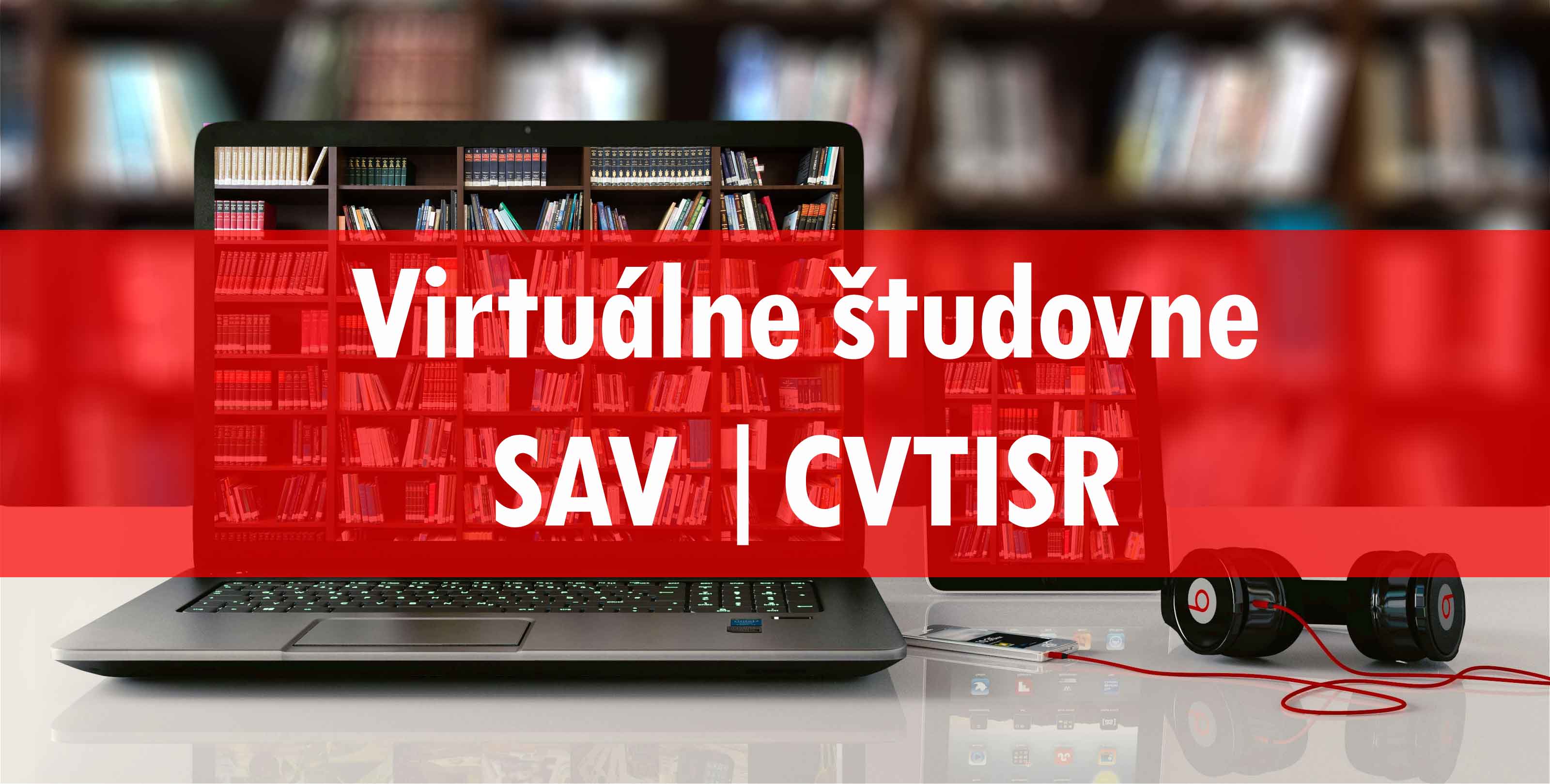| VEDECKÝ ČASOPIS O DEJINÁCH SLOVENSKA A
STREDNEJ EURÓPY
VYDÁVA HISTORICKÝ ÚSTAV SLOVENSKEJ AKADÉMIE VIED, V. V. I. ISSN 0018-2575 (print) ISSN 2585-9099 (online) EV 3084/09 Všetky obsahy sú čitateľom voľne dostupné podľa licencie Creative Commons CC BY 4.0. Indexovanie a abstraktovanie: Web of Science Core Collection: Arts & Humanities Citation Index Additional Web of Science Indexes: Current Contents Arts & Humanities Scopus CEEOL CEJSH EBSCO Historical Abstracts ESF (HUM) ERIH plus |
AKTUÁLNE ČÍSLO | REDAKCIA | POKYNY PRE AUTOROV | ARCHÍV | PREDPLATNÉ | O ČASOPISE | PUBLIKAČNÁ ETIKA | VÝZVY
Historický časopis, 59, 1/2011 O B S A H Š t ú d i e Holec, Roman:Agrárna demokracia ako pokus o
tretiu cestu stredoeurópskej transformácie ... 3 Materiály Ďurková, Mária: Historiografia v Historickom ústave SAV za roky 2007 – 2009 ... 101 Diskusia Žigo, Pavol: O pôvode a význame slov ves a dedina ... 119 R e c e n z i e Dangl, Vojtech: Pod zástavou cisára a kráľa.
Kapitoly z vojenských dejín Slovenska 1848 – 1914 (Milan Podrimavský) ... 127 Glosy ... 137 Kronika ... 147 Obhájené práce ... 161 C O N T E N T S A r t i c l e s Holec, Roman:Agrarian democracy as an attempt at
a third way in Central European transformation ... 3 Materials Ďurková, Mária: Historiography in the Institute of History of the Slovak Academy of Sciences in the years 2007 - 2009 ... 101 Discussion Žigo, Pavol: On the origin and meaning of the words ves and dedina ... 119 R E V I E W – A N N O T A T I O N S – B I B L I O G R A P H Y – C H R O N I C L E I N H A L T S t u d i e n Holec, Roman: Agrardemokratie als Versuch eines
Dritten Weges mitteleuropäischer Transformation ... 3 Materialien Ďurková, Mária: Historiographie im Historischen Institut der SAW (Slowakische Akademie der Wissenschaften) in den Jahren 2007 - 2009 ... 101 Diskussion Žigo, Pavol: Über die Herkunft und Bedeutung der
Worte ves und dedina ... 119 KRITIK – GLOSSEN – BIBLIOGRAPHIE – CHRONIK HOLEC, Roman. Agrarian democracy as an attempt at a third way in Central. European transformation. Historický časopis, 2011, 59, 1, pp. 3-32, Bratislava. In the first half of the 1920s, the conception of a third way was a basic feature of the ideology of agrarianism, which arose from German and Russian sources and developed within individual agrarian parties at the beginning of the 20th century in the Balkans, especially in Bulgaria and Romania. After 1918, the centre of gravity of theoretical discussion of agrarianism shifted from these countries to Czecho-slovakia, which then influenced the agrarian parties in Yugoslavia and Poland. The agrarians cultivated the theoretical concept and vision of a so-called third way as an alternative to the radical leftist ideologies of socialism and communism, and their rightist counterparts, namely liberalism, capitalism and fascism. In the 1930s, Poland took the lead in theoretical discourse and the conception of the third way in agrarianism reached its peak here. The ideology of agrarianism in Central and South-Eastern Europe in the first half of the 20th century, Idea transfer, the Conception of a third way as part of the ideo-logy of agrarianism. BEŠKA, Emanuel. The Most Important Arab Anti-Zionists. Their Opinions and Activities in the Years 1908 – 1914. Historický časopis, 2011, 59, 1, pp. 33-56, Bratislava. This study analyzes how and why did the most active Arab anti-Zionists in the pre-WWI period (Rūhī al-Khālidī, Najīb al-Khūrī Nassār, cĪsā al-cĪsā and Yūsuf al-cĪsā, Shukrī al-cAsalī and Khalīl as-Sakākīnī) respond to Zionism. A rather novel approach was chosen to accomplish this task: instead of an attempt at a flowing narrative, the historical period in questions is laid out in the form of personal profiles of half a dozen leading personalities who in one way or another dealt with various issues related to Zionism. The present study shows how these personalities responded to Zionism, Jewish immigration and land purchases, to various Zionist approaches to the coexistence with the local population, public communications and other statements of Zionists published in the press. Anti-Zionists, Ottoman Empire, Palestine, Pre-WWI Period, Zionism. HRONČEK, Pavel. Mining of brown coal in the southern Slovak brown coal basin in the inter-war period. Historický časopis, 2011, 59 1, pp. 57-79, Bratislava. This study presents the history of brown coal mining in the southern Slovak brown coal basin according to archive research in the inter-war period. We have written the mining history on the basis of documents located in the State Mining Archive in Banská Štiavnica, the State Archive in Banská Bystrica and its branch at Veľký Krtíš and in the Archive of the Dolina mine in Veľký Krtíš. We have processed the history of these localities where mining of brown coal mining occurred in the analysed period after establishment of particular mining locations according to cadastral territories. Mining is considered as a process by which coal was obtained to be sold commercially or used in the agricultural econo-my. We analysed a total of 13 localities. Mining, history of brown coal mining, Southern Slovak brown coal basin, inter-war period MERVART, Jan. The first congress of the Union of Slovak Journalists in May 1963. The reactions of the party leadership and the wider response among the Slovak and Czech communist intellectuals. Historický časopis, 2011, 59, 1, pp. 81-99, Bratislava. The study is devoted to mapping the circumstances and course of the congress of the Union of Slovak Journalists, which represented a significant impulse for the promotion of reformist views in the spring of 1963. It was especially concerned with demands for the consistent rehabilitation of the “bourgeois nationalists”, changes to the censorship and publication policy and acceptance of Slovak specifics. The author also attempts to capture the reactions of the apparatus of A. Novotný and A. Dubček, for whom the congress of journalists represented a violation of binding party resolutions, the official line of the Communist Party of Czechoslovakia and the principles of democratic centralism. In the conclusion, he devotes attention to the responses to the conference among the Czech and Slovak communist intelligentsia. The congress of the Union of Slovak Journalists in 1963, the reactions of the Central Committees of the Communist Parties of Slovakia and Czechoslovakia, the Czech and Slovak communist intelligentsia. Ďurková, Mária. Historiography in the Institute of History of the Slovak Academy of Sciences in the years 2007 – 2009. Historický časopis, 2011, 59, 1, pp. 101-117, Bratislava. The paper concentrates on the problem of historiography in the Institute of History of the Slovak Academy of Sciences in the years 2007 – 2009. In this period scientific research was directed towards the historical development of Slovakia across the whole thematic and chronological range from the earliest times to the present day, and to some selected problems from universal history. The most important results of the scientific work were contributions to various scientific projects supported mainly by the Centre for Excellence of the SAS (CEVKOMSD), the Agency for Research and Development (APVV) and the grant agency VEGA. There was a significant increase in interest in various important anniversaries from our most recent history, for example, in 2008 with its round numbered anniversaries of 1918, 1938, 1948 and 1968, but the scientific research into earlier history did not lag behind. It was manifested in rich and creative historical output. Numerous expert scientific monographs, both individual and collective, syntheses, editions of sources and documents, anniversary volumes, portraits of personalities, encyclopedias and dictionaries were published. Popularization, especially in the form of regional monographs, was an important part of the work of our modern historians. The writing of various textbooks for schools and universities was also a significant result of the creative research of the staff of the institute. Historiography, Slovakia, Institute of History of the Slovak Academy of Sciences, scientific research, grant projects.
Do Vašej pozornosti ďalej
odporúčame: |



